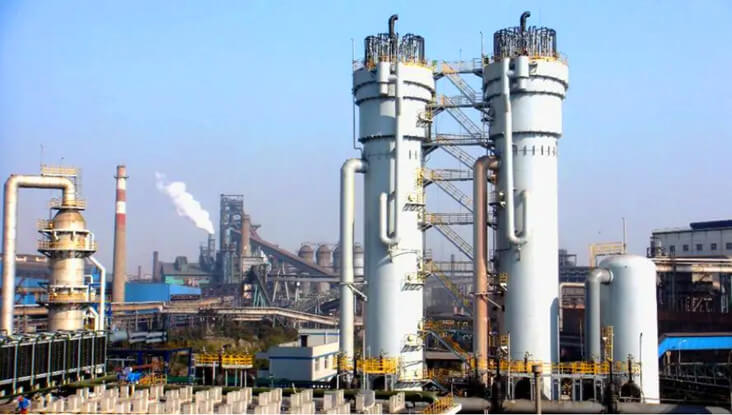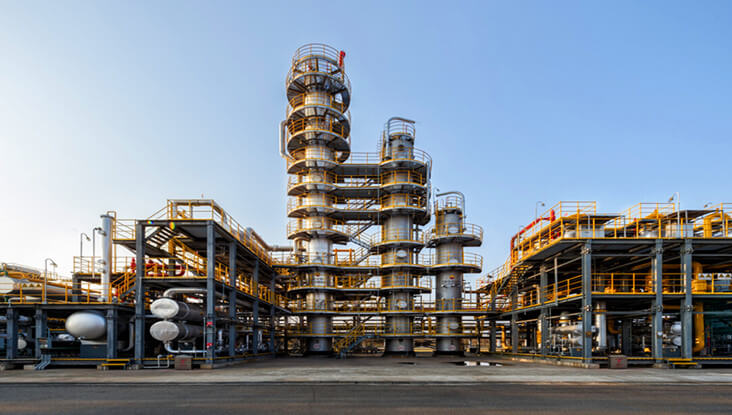Early Production Facilities(EPF): Heating, Desalting, Dehydration, and Transportation
In the oil and gas industry, early production facilities are critical to ensuring efficient and stable production processes. These facilities cover the entire journey from the wellhead to storage and transportation, ensuring that the oil and gas meet the required quality and specifications before entering the main pipelines or storage equipment. Today, we will explore the significance and applications of heating, desalting, dehydration, and transportation in early production.
HeatingHeating equipment plays a crucial role in the oil well production process. Since crude oil often contains a significant amount of water and impurities, heating equipment, such as water bath heaters, can reduce the viscosity of the crude oil by raising its temperature, making it easier to separate and transport. Water bath heaters indirectly heat the fluid through hot water in a bath, ensuring uniform heating and preventing local overheating and coking. This equipment not only enhances the efficiency of oil and gas separation but also extends the lifespan of the equipment.

Desalting
Salt in crude oil can cause equipment corrosion and affect the efficiency of the refining process. Therefore, desalting is a key step in early production facilities. Desalting is primarily carried out using electrostatic desalters, which use electric fields to separate saltwater from crude oil. Electrostatic desalters effectively remove water-soluble salts from crude oil, ensuring that the oil does not damage equipment during subsequent processing. Additionally, reducing the salt content in crude oil helps improve the quality of the final product.
Dehydration
Water content in crude oil not only lowers its quality but also increases transportation costs. Therefore, dehydration is a critical step in early production facilities. Three-phase separators serve as the main dehydration equipment, simultaneously separating oil, gas, and water. These separators use density differences to layer and collect oil, water, and gas separately, ensuring effective removal of water from the crude oil. This not only increases the purity of the crude oil but also reduces energy consumption and costs in subsequent processing.

Transportation
After heating, desalting, and dehydration, the treated crude oil needs to be transported to storage or further processing facilities. Transportation equipment includes various types of pumps and pipeline systems, ensuring that crude oil is transported efficiently and safely to designated locations. Advanced transportation systems not only improve transport efficiency but also use real-time monitoring and automatic control systems to detect and address potential issues promptly, ensuring smooth transportation processes.
Early production facilities play a vital role in the oil and gas production process. From heating, desalting, and dehydration to final transportation, each step significantly impacts the quality of the crude oil and production efficiency. HC with its extensive experience and advanced technology, is dedicated to providing customers with efficient and reliable early production solutions, ensuring the efficient production and safe transportation of oil and gas.
By optimizing and integrating these key pieces of equipment, we not only enhance production efficiency but also significantly reduce production costs, creating greater value for our customers. We look forward to collaborating with more partners to drive the sustainable development of the oil and gas industry.
